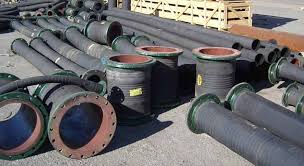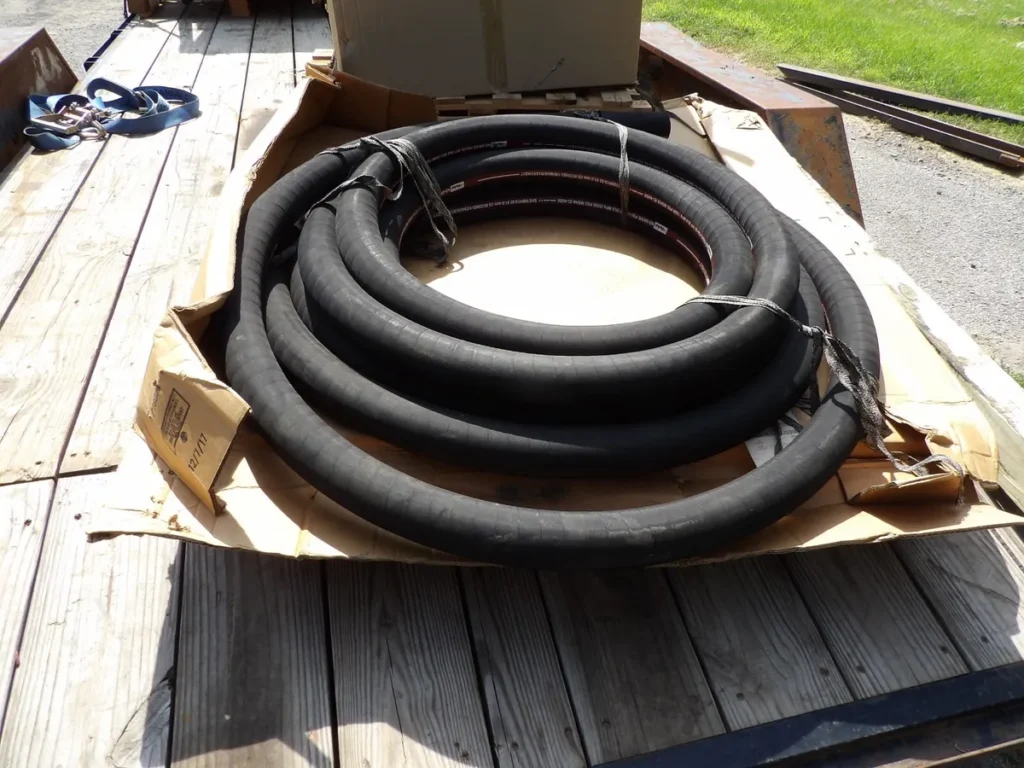Are you looking for a reliable and durable high pressure rubber hose for your air, oil, or water applications? Look no further! In this article, we will discuss the features, benefits, and applications of high pressure rubber hoses, and provide you with a comprehensive guide to help you make an informed purchase.
Introduction
High pressure rubber hoses are designed to withstand high pressure and temperature environments, making them ideal for a wide range of applications, including air compressors, hydraulic systems, and water pumps. They are made from high-quality rubber materials that provide excellent flexibility, durability, and resistance to wear and tear.
Features of High Pressure Rubber Hoses
High pressure rubber hoses have several features that make them stand out from other types of hoses. They are:
High pressure resistance: High pressure rubber hoses are designed to withstand pressures up to 3000 psi, making them ideal for high pressure applications.
Flexibility: High pressure rubber hoses are highly flexible, allowing them to bend and twist easily, making them easy to handle and install.
Durability: High pressure rubber hoses are made from high-quality rubber materials that provide excellent resistance to wear and tear, making them long-lasting and reliable.
Temperature resistance: High pressure rubber hoses can withstand temperatures ranging from -40°C to 100°C, making them suitable for use in extreme environments.
Low permeability: High pressure rubber hoses have low permeability, which means they are less prone to leaks and losses, making them more efficient and cost-effective.

Applications of High Pressure Rubber Hoses
High pressure rubber hoses have a wide range of applications across various industries, including:
Air compressors: High pressure rubber hoses are used to connect air compressors to air tools, such as impact wrenches, drills, and sanders.
Hydraulic systems: High pressure rubber hoses are used in hydraulic systems to transmit hydraulic fluid to various components, such as hydraulic motors, cylinders, and pumps.
Water pumps: High pressure rubber hoses are used to connect water pumps to water sources, such as rivers, lakes, and oceans.
Chemical transfer: High pressure rubber hoses are used to transfer chemicals and other hazardous materials from one location to another.
Oil and gas: High pressure rubber hoses are used in oil and gas applications, such as in drilling and production operations.
Choosing the Right High Pressure Rubber Hose
When choosing a high pressure rubber hose, there are several factors to consider, including:
Pressure rating: The pressure rating of the hose should match the pressure requirements of your application.
Material: The hose material should be compatible with the fluid being transferred.
Length and diameter: The length and diameter of the hose should be suitable for your application.
Temperature rating: The hose should be able to withstand the temperature requirements of your application.
Certification: Look for certifications, such as ISO, CE, and UL, to ensure the hose meets industry standards.

Maintenance and Care
To ensure the longevity of your high pressure rubber hose, it is essential to maintain and care for it properly. Here are some tips:
Inspect the hose regularly for signs of wear and tear.
Keep the hose away from direct sunlight and extreme temperatures.
Store the hose in a dry and cool place when not in use.
Avoid kinking or twisting the hose, as this can cause damage to the rubber.
Use hose clamps or fittings to secure the hose to the connector or nipple.
Conclusion
High pressure rubber hoses are versatile and reliable, making them ideal for a wide range of applications. When choosing a high pressure rubber hose, it is essential to consider the pressure rating, material, length, diameter, temperature rating, and certification.